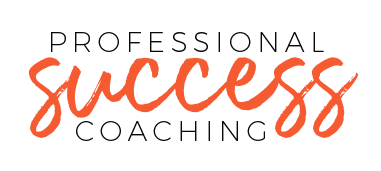Why We Should be Single-tasking Instead of Multitasking
In today´s episode of ‘Professional Success Podcast’, host Sheila Boysen-Rotelli, a Master Certified Career Coach, Recruiter and Talent Development Leader shares her views on the need of single-tasking instead of multitasking. She talks about the tips and techniques to single-task and work more efficiently.
Episode Highlights:
Research shows multitasking is not an effective way to get things done and it actually causes physical and economic damages.
Multitasking can also damage our brain!
The trick is to prioritize what's most important in any particular situation and commit fully to that activity.
“Another technique that will help you to be effective is building in flexibility.”
Single-tasking allows you to partake in active listening.
Single-tasking can be most effective when it's combined with rest and regular breaks.
Single-tasking has ended up improving her productivity and self-awareness.
3 Key Points:
Instead of multitasking, we should be single-tasking because it helps us to achieve more and perform at our best.
It’s ok to think about other things while you are trying to focus on something important; we can't necessarily control what’s coming into our head, but just come back to that task that you're working on and focus on it.
Not only does single-tasking improve your productivity at work, it also helps you to develop your social skills, deeper connections with all the important people in life, and allows to participate in active listening.
Tweetable Quotes:
“When your brain has to make the switch between multiple tasks, your performance actually suffers, causing you to work less efficiently on the task that you're currently focused on.” - Sheila Boysen – Rotelli
“We can enter what is known as the state of flow, which scientists define this as a zone of complete immersion and focus.” - Sheila Boysen – Rotelli
“Start slow, unplug, set aside your phone, put it away for just an hour a week, and use that time as a period of personal reflection.” - Sheila Boysen – Rotelli
Resources Mentioned:

